
Author Spotlight with Joseph D. Slater
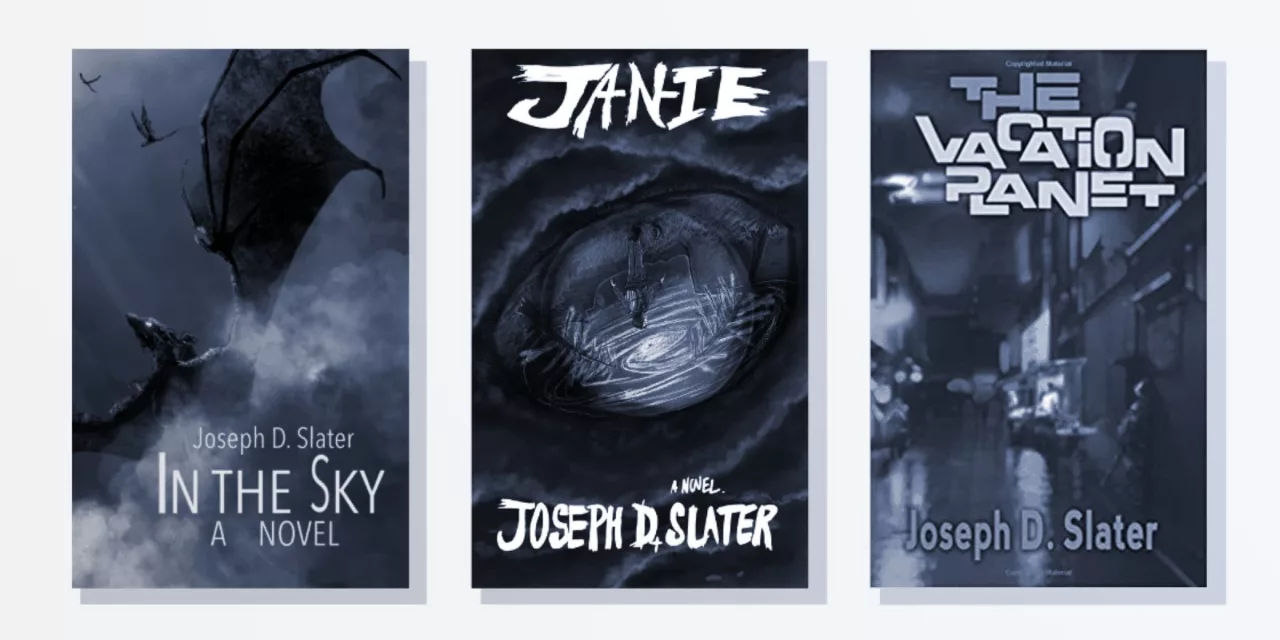
In this series, we will be interviewing published Novlr authors to learn about their work, their routines, and how they use Novlr. Raised in the lonely western mountains of Maine, Joe is an infantry veteran who has authored three novels, The Vacation Planet, Janie, and In the Sky. After being stationed in Colorado for a few years, he moved back to Maine where he surrounds himself with five women (his wife and four daughters), making sure that his children have a nourished and literate life. His favourite haunt is in his home library, where he can be found cursing under his breath as he works on his next project.
Can you tell us a little about yourself as a writer?

I’m a writer who doesn’t stick to any genre for long before wanting to explore something more. When I wrote my first novel (which is still unpublished), it was horror, and perhaps borderline splatterpunk (excessive gore). The idea came to me in a dream. I woke up the next day and plotted it out from start to finish. It ended up being my winning NaNoWriMo project that year.
I was in an abusive relationship at the time, and the only healthy outlet I could find for myself was my writing. They say you should write what you know, and I knew a lot about pain at that time. A lot of darkness bled into my work, and it wasn’t until after the relationship ended that I started to feel cautiously optimistic about things.
The woman who is now my wife is the most supportive person in my life, and her kindness tamed the monster that was always lurking in the back of my mind. As a result, I found myself writing scenes that were more “fun”. I think it’s the love that my wife and children have for me that inspired a more innocent (but not bloodless) fantasy setting in my latest novel, In the Sky.
As a result of my different life paths, I’ve unintentionally found myself becoming a multi-genre author. It’s never something I pictured for myself, but in hindsight, I feel it gives a wider broadcast and encourages a wider, more diverse readership to read my work.
What publishing route did you choose, and why?
At first, I chose the self-publishing route because it was easier. Now that I’ve done it three times I feel that was a good decision because now I’m able to publish one novel a year without having to go through a traditional publisher’s hoops and opinions before publishing. I’m sure that there are lots of publishers out there that have good insight, but ultimately, I like having control over what happens with my novels. Being a multi-genre writer, I sometimes worry that a publisher wouldn’t want to work with me because of how wildly different my ideas are for projects.
When did you first realize you wanted to be a writer?
A year or two ago, I found a small hand-written stack of lined paper from when I was a boy stapled crudely between two blue pieces of construction paper. In this little hand-crafted “book” I found that I had written more than fifteen pages of a short story! In it, I’d turned my classmates into pigs and sold them to meat markets and farms.
Based on the intensity of my descriptions (aside from perhaps being a budding serial killer), I felt that writing was the only way I could express myself properly. I always gravitated towards art, but I was impatient with myself and didn’t see the progress in what I was drawing, so I turned to writing, where I could see a genuine improvement in my skills.
When I was a teenager, I joined a forum site for writers. It was a pretty small circle of people, and between them all, there had to be more than a hundred years of writing experience. It was the early years of the internet, and anything uploaded was subject to free-range criticisms and bloodthirsty comments. Every story I uploaded was ruthlessly torn apart under the guise of taking me under their wing.
I think in hindsight the pain I experienced trying to impress those literary know-it-alls should have made me stop writing altogether, but instead, I took something from each criticism and applied it to my writing. I just kept plugging away at it, until one day a particularly savage reader commented with the words, “This is okay.”
I realized at that moment that such a seemingly throwaway comment was high praise from an English professor who was famous for throwing the first stone. I knew then that if I could handle that, I could handle whatever came next. It’s one of the reasons I don’t shy away from reviews – they encourage me to build up from different weaknesses I may have.
What is your writing routine?
My writing routine starts late at night after the four children are all in bed. This could be anywhere between eight or nine in the evening. At that point, I’ll get myself something to drink, and scavenge whatever I can from the kitchen. It could be anything from beer, cranberry juice, or even a hot tea.
When I first start working on a new project I write in a notebook by hand, jotting down story ideas and notes. I call it my plot-bunny book. I use color-coded pens to fill out each part of the story as it comes to me. For instance, blue would be information about a character, green is the setting in a scene, and so on.
Once I’ve started feeling a little more confident that I’ve built up the characters enough, or sufficiently plotted different scenes that I absolutely want to get into the novel, I’ll flip through Save the Cat! Writes a Novel: The Last Book on Novel Writing You’ll Ever Need. I do this because it gives me a basic guide I can refer to when I’m planning the flow of my novel. This is when the black pen comes out.
Once I start using the black pen, that’s when the plot points of the novel start filling out. I’ll flesh out these plot points over the course of maybe a week or two so that when it comes to writing, I have a step by step guide for where I’ll need to be at different points in the book.
I’m a plantser. That means I’ll make these plot points, and then improvise my way between them.
When I pull up the computer, the first three tabs I open are Novlr, an online Thesaurus, then an extra tab if I need to look something up really quick.
At this point, I’ll chug along for about two or three hours before I call it a night. I refuse to leave the computer until I’ve hit at least two thousand words. If I work on my book every day and get at least 2k done, my novel will be finished before the end of the month. This is the trick I use for NaNoWriMo that gives my word counts success. This year my daily average was more than 3k a day, and I was done on the sixteenth. I think the more I write, the more confident I feel about increasing my daily word count. If I set the bar high enough, it seems to be easier to clear over time.
Do you have any interesting writing quirks?
The more involved I got with the writing community, the more I realized how everyone I surrounded myself with wrote their outlines and character drafts etc. online where it can be safely tucked away in the cloud. I’ve tried this, but I felt it took away something personal to me when I made the attempt.
I also think that taking the time to slow down and write by hand gives me more opportunities to think. A thousand words go through my head as I make each point in the plot-bunny book, and I use that to pick and choose how I word things and how each scene connects with the others. This is my way of “feeling” the scene instead of vomiting words onto the computer.
I guess I’m traditional that way because for me, plotting with a pen adds more soul to the project. The best way I can describe it is; sure, you can make cookies on an assembly line because ultimately it is easier and cheaper than getting your own ingredients, but there’s something about homemade cookies that fill you with a warmth that one out of a package can’t replicate.
How do you find your inspiration?
Inspiration can come from anywhere. My first book, The Vacation Planet came to me after watching a ten-second scene in Rick and Morty. Janie came to me when I saw a condemned building across the street from a diner I was visiting. In the Sky, on the other hand, came to me when my wife told me I should write something I’d be okay with my kids reading. The first two were a little too adult for them.
I went around the dinner table and asked each of them what they like to read (they are avid readers themselves). My oldest told me she liked pirates. This excited me as pirates are definitely fun. The response I got from my next child was dragons, and I said to myself, “Dragons are cool. I can work with pirates and dragons.” The third child said “cooking,” and this is what threw a wrench in the machine.
In the Sky was my response to that conversation, and it ended up being the most creative of my projects to date. Of course, it did come with its challenges, but ultimately it was just good, clean fun to write.
One of my first creative loves was cinema, and I’ve even studied cinematography at a local tech school for a couple of years just because it was exciting to me. I’ll watch interviews with people like Quinten Tarantino to give me inspiration because when I watch a scene or hear a director explain what emotions they’re trying to capture, I picture it in my head like a moving, and write that as my scene.
How long have you used Novlr, and how does it fit into your writing routine?
I’ve used Novlr since May of 2016. I’d heard about it when it was still in Beta from a writing friend of mine. Even just hearing about it, I knew it was the program for me.
After NaNoWriMo that year I wanted something that showed me my writing stats. The numbers of NaNoWriMo are what motivated me to write. When November was over I felt such a desire to keep going, but everybody had moved on with their regular lives and tragically, left their finished projects at the first draft stage. I needed something that was distraction-free, could keep track of my words, could save my progress online, and me generally minimalist. Novlr had all these things.
What is your favourite Novlr feature?
It might sound silly to some people, but the little cheerleading program Novlr has when you reach certain word counts each day gives me a smile each time I see it.
I remember getting to 2,500 words one day and a little message popped up at the bottom of the screen in all caps telling me I was on fire! I was so tired that night, and that validation was something my dopamine needed. That feature motivated me all the way past 5k words that night and made me feel like a champion.
I also can’t express enough how much I appreciate the minimalist design. As soon as I start writing, the borders of the screen disappear, and once that happens, it emphasizes that it’s just you and the novel. Sure, with competitive programs you could just hit the F11 key and fill your screen, but Novlr’s goal is to keep all those distractions at bay, and accomplish that goal by making it as easy as possible to just get right to work. That’s important to someone like me who has to keep the phone in another room on silent if I’m trying to write.
What was one of the most surprising things you learned in the process of writing?
I learned how many little things in a story matter. I used to think of the big picture as just the big picture, but puzzles have a large image made of little pieces that fit together. We are not just writers, but employ ourselves as wordy puzzle-makers. We don’t always want you to see the final beauty of our craft until the last piece is in place. Whether it’s a 1000-piece puzzle for adults, or a 5-piece puzzle for children, deciding what angles to cut each piece so they all fit together is the majority of the work.
I think it’s important to have the fundamentals in place, but there have been moments when you need to write for fun. I’ve done lots of projects within certain parameters and that can drain you pretty quickly. I think new writers need to keep that fire because, if they can keep the pilot light on, the steam it creates will keep the engine powered.
What do you think makes a good story?
A good story is a combination of many things. You need relatable characters, but they also need flaws so they can develop. You need an environment, but if you go too crazy by listing things in the world you’ll confine yourself after blurting it all out and the reader will feel bogged down. You’ll need to spread knowledge of your world out through the book so the reader can keep thirsting for more.
Understanding humans and their nature are important. It’s good to have characters that do exciting things, but knowing how different personalities work in various situations is especially important. Showing and not telling is the best advice that was given to me, and unfortunately, I see this as something a lot of new writers do. They’re excited, and want to just get through the story, but you need to keep the readers in the scene, not just get them to the end.
If readers feel like they’re reading a news article, I think that’s a sign you should focus more on a person’s senses in a scene. Instead of telling me you’re on a crowded elevator going to the top floor in the 1950s, show me how long it takes to get there – the clanking, squealing of the unseen mechanism, the smell of cigarettes as they fill the small compartment while the crying of a baby echoes off the metal confinement, the suitcase that’s pulling down on your tired shoulder with all the files that are inside.
I look at my scenes like they’re in a movie, and I think if you can add to your scenes with just those basic tools, your overall performance will improve much faster. To practice this, just try one chapter of it, and you’ll realize how much you lose yourself in the scene once you start.
Where can people find your books?
My goal is to publish once a year, and I’ve been doing for three years through Amazon. You can find my first book, The Vacation Planet on Audible as well where my narrator, Michael Butler, breathed life into my characters in ways I couldn’t have expected. It can be expensive to do things correctly on audiobooks, but long term, I will try to get each of my novels to audiobook because it’s proven so successful to sell because of how little time people have to read. Just pitch it to them as something they can listen to on the ride to and from work, and they’ll appreciate it.
This year I became active on Twitter, so any updates on me or my books will be found there first. I also have a link attached to my profile where you can find the sources for a lot of my past and ongoing projects. I’m a hard worker, and I’ll always respond when someone reaches out.
If you’re a Novlr writer who has published a book, we’d love to hear from you. If you’d like to tell us about your work and share your writing journey with us, please email [email protected].

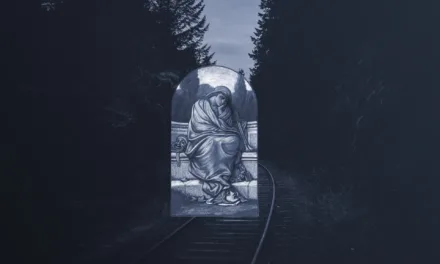
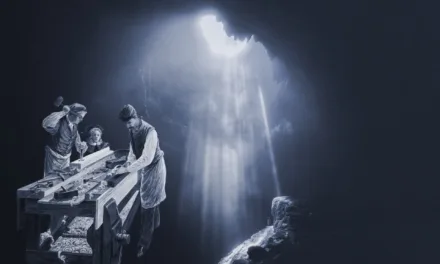
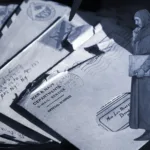

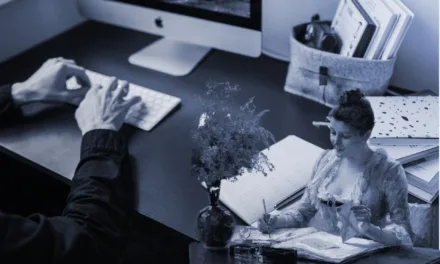
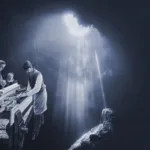















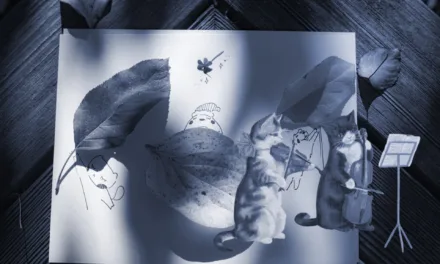




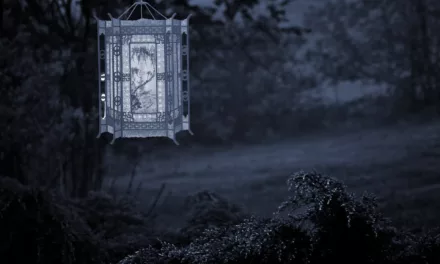
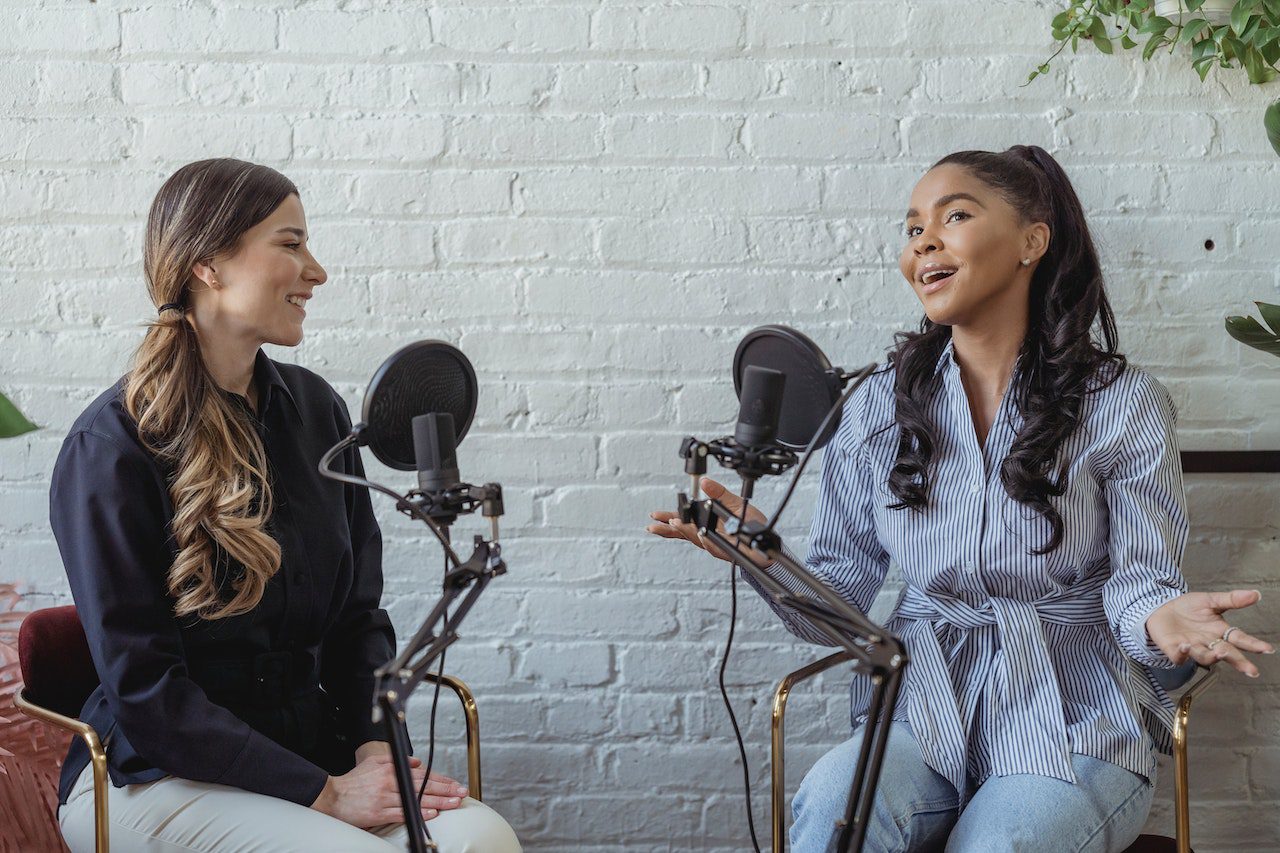

I absolutely enjoyed reading this interview.. I enjoy learning about you and your writing desires, skills and techniques! Well done!! Thank you for sharing!